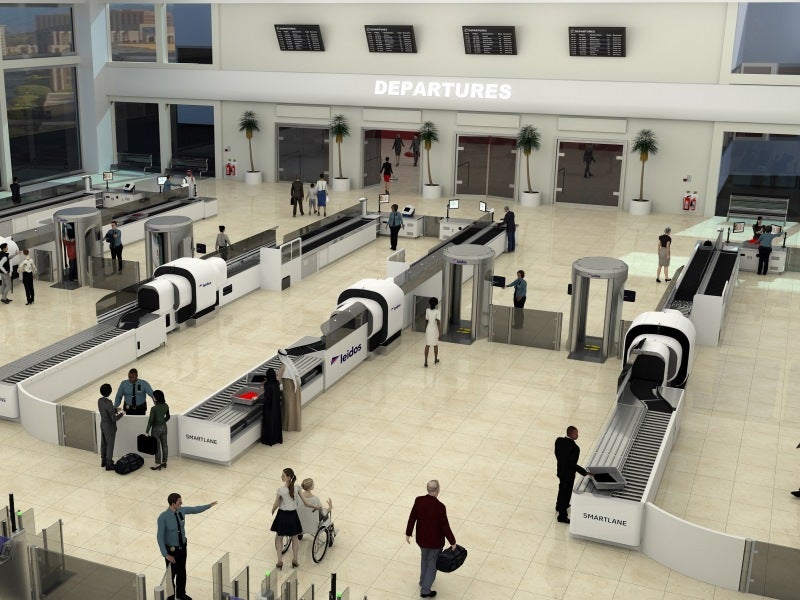
Edinburgh Airport has awarded a contract to technology solutions provider Leidos for the upgrade of the airport’s security tray return systems with antimicrobial tray technology.
The deployment of antimicrobial technology complements other measures taken by the airport to reduce the spread of bacteria.
How well do you really know your competitors?
Access the most comprehensive Company Profiles on the market, powered by GlobalData. Save hours of research. Gain competitive edge.

Thank you!
Your download email will arrive shortly
Not ready to buy yet? Download a free sample
We are confident about the unique quality of our Company Profiles. However, we want you to make the most beneficial decision for your business, so we offer a free sample that you can download by submitting the below form
By GlobalDataThis is Leidos’ first order for the antimicrobial security tray technology, which reduces the spread of bacteria from person-to-surface contact.
Leidos’ Security Detection and Automation Operation senior vice-president and operation manager Maria Hedden said: “Edinburgh Airport’s leadership recognises the increased risk of the virus spreading from the number of travellers and staff handling security trays every day, and I commend them for implementing antimicrobial security tray technology.
“Leidos is proud to support the place where Scotland meets the world with security detection and automation technology solutions that are fast, frictionless and fully integrated.”
Edinburgh Airport is the busiest airport in Scotland, and the sixth busiest in the UK.
The airport has been working with Leidos since 2012. It applies the company’s intelligent automated tray return systems and desktop real-time explosives detection systems.
With the latest contract, Leidos will offer new antimicrobial security trays that avoid the reproduction of a broad spectrum of bacteria, including staphylococcus aureus (staph), E. coli, and antibiotic-resistant bacteria such as MRSA and VRE, by 99.99%.
Built into the security tray during the tray manufacturing process, the technology continuously reduces the presence of microbes throughout the security tray’s lifecycle.
These trays must be cleaned as per the regular hygiene procedures; however, the additive will not wash off or wear away.
The use of antimicrobial technology is considered to be important given that studies have shown that microbes can survive on surfaces for up to eight weeks.
Leidos’s 24,000 security detection and automation products are deployed in 120 countries and territories around the world.








